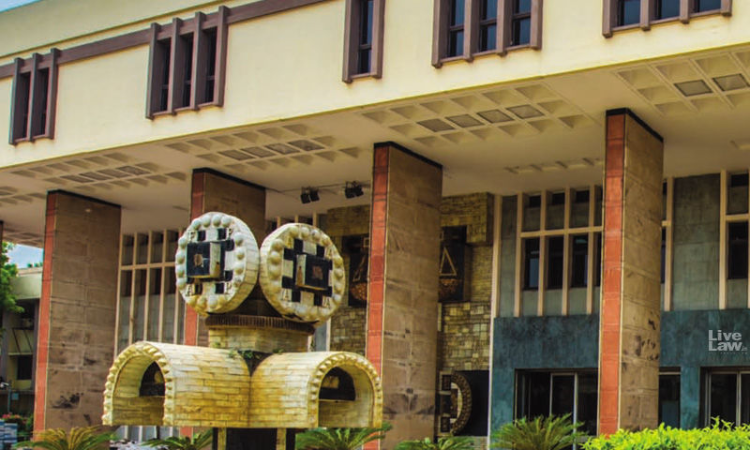Scholarship By Hamdard Foundation, Exemption Under Income Tax Act Can't Be Denied: Delhi High Court
Parina Katyal
11 April 2022 6:23 PM IST

Next Story
11 April 2022 6:23 PM IST
The Delhi High Court has upheld the factual findings made by the CIT (A) and ITAT that the merit-cum scholarship/financial assistance provided by Hamdard National Foundation was not confined to students of a particular religious community, and therefore exemption under Section 11 of Income Tax Act, 1961 cannot be denied to it. The Bench, consisting of Justices Manmohan and...
